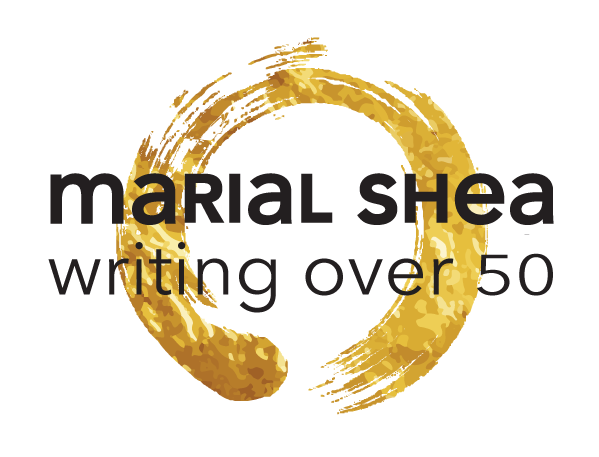Editing elevates your writing.
The real job of an editor is to help a writer express their voice and their ideas to the fullest.
—Jocelyn K. Glei, writer and Hurry Slowly podcaster
What do editors (really) do?
You might think that editing is about correcting — grammar, spelling, punctuation, and all that.
I see editing as less about correcting and more about connecting — connecting your writing with your readers.
The heart of editing is making sure your readers keep reading.
John Burns, Story Director at ECHO Storytelling Agency
But what I really do is help you get crystal clear on your message, grow into your AUTHORity as a writer, and bring more drama into your writing.
If you’re game, I will also help you increase your confidence, skills, and marketing savvy for the benefit of all your future writing projects.
Working with an editor can — no, should — be a rich and rewarding collaboration.
What are the different kinds of editing?
The editing process can be confusing. I offer the following three types of book editing (also used for shorter projects like blog posts and articles).
Developmental editing
Also called structural editing, this level of editing looks at the “big picture,” the overall organization and content of a manuscript — the whole forest, not the trees. Many agents and publishers will no longer take on books that need developmental editing.
How long does developmental editing take? Several weeks for most manuscripts, even longer if the manuscript needs major revisions and/or more writing.
Copy editing
“Small-picture” editing that checks spelling, grammar, punctuation, style, facts, consistency, and completeness — looking at each tree in the forest. The copy editor is usually the last person to see a manuscript before it goes to the designer or into digital formatting.
How long does copy editing take? Most books need two or three rounds of copy editing. This usually takes at least two to four weeks, longer if there are many changes.
Proofreading
After a print (or print-on-demand) book has been designed, it must be proofread (though ebook files need only be scanned for problems). Proofreading checks that all the original text is present and that all the graphics, photos, page numbers, references, index, etc., are correct.
How long does proofreading take? Usually two to three weeks, including going back and forth between the editor, author, and designer.
What does the book-editing process look like?
Book editing happens in rounds. In a “round” (or “pass”) of editing, the editor works through the whole manuscript and makes whatever suggestions and corrections are right for that stage. The manuscript then goes back to the author, who reads through all the editor’s notes and corrections and decides what to accept, reject, or discuss via email or phone. When the author is finished making revisions, they send it back to the editor (or on to the designer after the last copy edit). This completes one round.
For a typical book, a round or two of developmental editing comes first, then a few rounds of copy editing. If it’s a print or print-on-demand book, the manuscript is sent into design to be put into “page proofs” (the way the book will look in print) and proofread. (This is also when an index is created.)
In the real world, however, lack of money and time can blur the lines between these stages. So, developmental editing might be done as part of the copy editing. Or some copy editing might be done (eeek!) during proofreading.
What about editing shorter work, like blog posts and articles?
The three book-editing stages may also be used to edit shorter pieces. For example, a rough blog post might need a “big-picture” developmental edit and then copy editing to correct spelling, grammar, and punctuation. Other short pieces might need only a quick copy edit.
For short text that’s already been edited, proofreading consists of a fast (but essential) check to see that everything made it into the final digital or print design and the formatting looks right.
What kind of editing does your writing need?
“I’ve got a lot of ideas, some notes, and bits and pieces of writing, but I’m not sure how they fit together into an overall book or theme.”
I recommend coaching to find your focus, address any recurring problems, strengthen any weaknesses, and design a realistic writing plan that fits your life.
“I’ve written part/all of a manuscript, but it’s still rough and I’m not sure what to do next.”
A manuscript review might work best here, to get big-picture feedback, a sense of what your strengths and challenges are as a writer, and a clear plan for your next steps.
“I’ve been refining my manuscript for months/years, and it’s finished!”
Two choices here. You can start with a manuscript review. Or you can jump right in to developmental or copy editing.
“I want to know if I’m on the right track with my blog. How do I get started/make it better?”
You could have your finished posts copy edited and get tips for making writing easier for you and more engaging for your readers. Ideally, you would work on several posts with an editor, until you establish your voice and style, enhance your strengths, and get a handle on any recurring writing problems. Did you know that many well-known bloggers have all their posts either professionally edited or ghostwritten? True story!
How much does editing cost?
The short answer is, it depends. How long is your text and how much work does it need? What is your budget? Is the writing just to share with family or do you want to grab the attention of agents and publishers, and attract a wide readership?
Get in touch and I’ll steer you to the best editing options for your project, goals, and budget.
